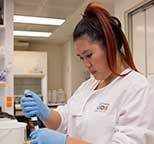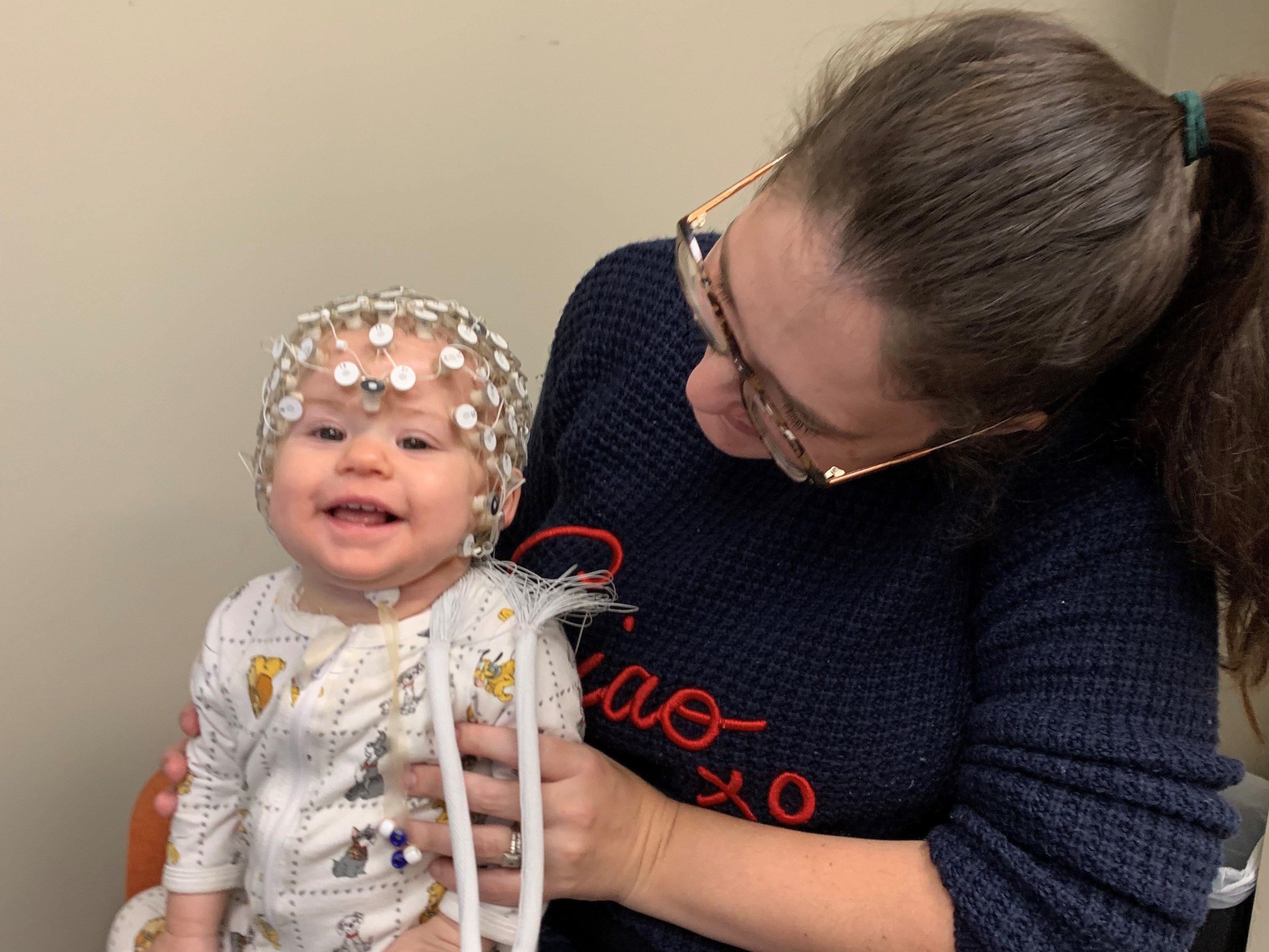Search
Research
Macronutrients in Human Milk and Early Childhood Growth—Is Protein the Main Driver?Infant growth trajectories reflect current health status and may predict future obesity and metabolic diseases. Human milk is tailored to support optimal infant growth. However, nutrient intake rather than milk composition more accurately predicts growth outcomes. Although the role of protein leverage in infant growth is unclear, protein intake is important for early infancy growth.

News & Events
Time to improve gender inequality in scienceAbout half of all science graduates are women but despite large numbers entering the industry, women are still struggling to secure the top jobs.

News & Events
Research into innovative treatments for asthma and antibiotic-resistant infections fuelled by Stan Perron Charitable Foundation grantsNew funding from the Stan Perron Charitable Foundation will support research into innovative treatments for antibiotic-resistant infections and asthma in children, led by Wal-yan Respiratory Research Centre researchers.

Determining the associations of sun exposure in early life on the development of non-communicable diseases.
Research
Cord blood t cells expressing high and low pkcζ levels develop into cells with a propensity to display th1 and th9 cytokine profiles, respectivelyow Protein Kinase C zeta (PKCζ) levels in cord blood T cells (CBTC) have been shown to correlate with the development of allergic sensitization in childhood. However, little is known about the mechanisms responsible. We have examined the relationship between the expression of different levels of PKCζ in CBTC and their development into mature T cell cytokine producers that relate to allergy or anti‐allergy promoting cells.
Research
Pediatric Burn Survivors Have Long-Term Immune Dysfunction With Diminished Vaccine ResponseEpidemiological studies have demonstrated that survivors of acute burn trauma are at long-term increased risk of developing a range of morbidities. The mechanisms underlying this increased risk remain unknown. This study aimed to determine whether burn injury leads to sustained immune dysfunction that may underpin long-term morbidity. Plasma and peripheral blood mononuclear cells were collected from 36 pediatric burn survivors >3 years after a non-severe burn injury (<10% total body surface area) and from age/sex-matched non-injured controls.

Brain and behaviour research encompasses a child's learning, development and mental health - and the impact and development of conditions like cerebral palsy, autism and intellectual disability.
Research
The PLAN Project (Pregnancy Lifestyle Activity and Nutrition)Susan Prescott MBBS BMedSci PhD FRACP Honorary Research Fellow susan.prescott@thekids.org.au Honorary Research Fellow Susan Prescott is a Professor
Research
Water Quality and the Microbiome Study (TUMS): The effects of chlorinated drinking water on the assembly of the infant gut microbiomeDavid Debbie Desiree Matt Susan Martino Palmer Silva Cooper Prescott BSc PhD BSc BND PhD MBBS, FRACP, MPH, PhD BCA Marketing, BSc Statistics and

News & Events
The Kids cancer researcher named a Superstar of STEMThe Kids Research Institute Australia brain cancer researcher, Dr Jessica Buck will today join the ranks of a select group of brilliant female scientists.
